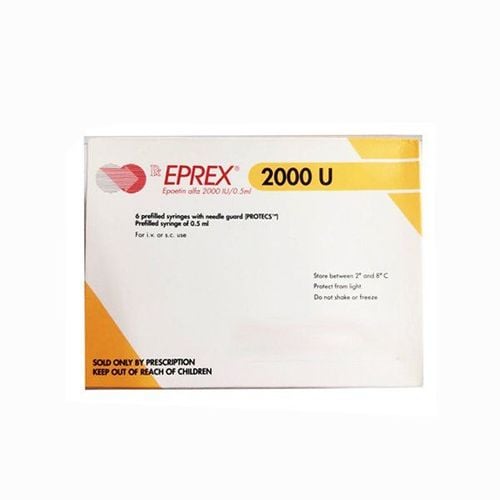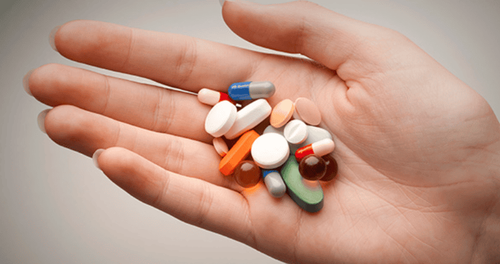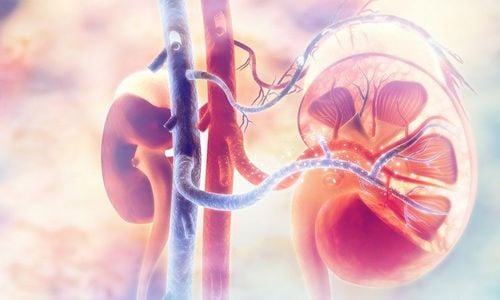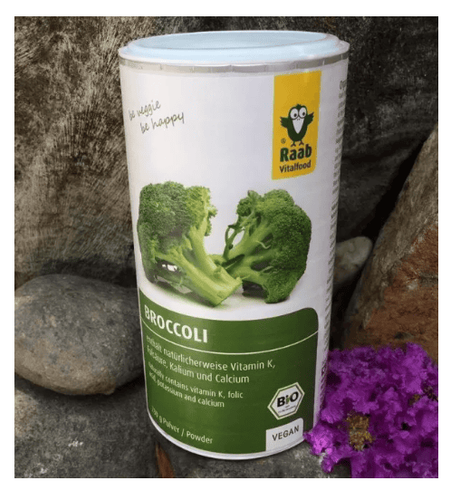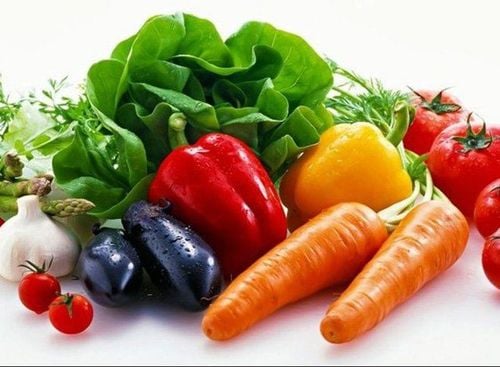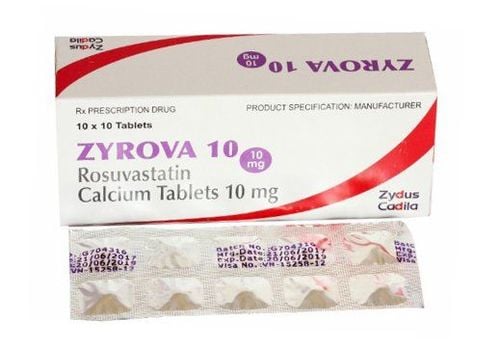This is an automatically translated article.
The article was written by MSc Nguyen Thi Thanh Thuy - Endocrinologist - Dialysis - Kidney Transplant - Department of Examination & Internal Medicine - Vinmec Central Park International General HospitalWhen you start on dialysis, there will be many changes in your daily life. Your doctor will definitely discuss with you what changes you need to make in your diet.
Eat the right type and amount of food needed. Follow the dialysis regimen your doctor prescribes for you. Use the correct medication prescribed by your doctor. Your diet is an important part of treatment. Your kidneys cannot remove enough metabolic waste products and water from your body and so your body needs a special regimen. Therefore, you need to limit the amount of water you drink and change the food composition accordingly. You will need:
Eat protein-rich foods. Reduce foods that are high in salt, high in potassium, and high in phosphate. Learn how to calculate the right amount of water you need to drink (including coffee, tea, water, and any food that is liquid at room temperature).
Salt
Use less salt and foods that contain less salt: This helps control your blood pressure well. This also helps to reduce weight gain between the two dialysis sessions because salt intake will cause thirst, leading you to drink more water and retain water in the body.
Use herbs, spices, and low-salt additives to replace salt Avoid chemical salts with potassium
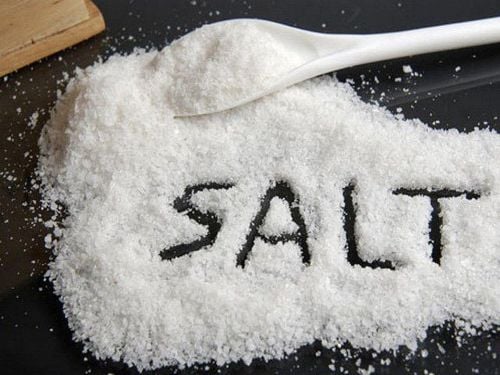
Sử dụng ít muối giúp bạn kiểm soát huyết áp và giảm tăng cân giữa hai kỳ lọc máu
Meat/Protein
Dialysis patients need to eat more protein. Protein helps keep blood protein levels normal and improves health. Protein also helps keep your muscles strong, wounds heal faster, your immune system strong, and helps improve overall health.
Eat high protein foods (meat, fish, poultry, fresh pork, or eggs) for meals, or about 200-300 grams of high protein foods daily.
Note: Peanut butter, peanuts, nuts, dried beans, peas, and lentils are high in protein, which should be limited due to their high levels of potassium and phosphate.
Rice/Wheat/Cereal/Bread
Unless you need to limit your calorie intake for weight loss and/or blood sugar control, you can eat as much as you want from this food group. This is a good source of calories. Typically patients take 6 – 11 servings/day of this group. Typically 1 serving in this group is:
1 slice of bread 1⁄2 cups pasta (cooked) 1⁄2 cups cereal (cooked) 1⁄2 cups rice (cooked) 4 crackers (no salt) Avoid “Whole Grain” and “High in Fiber” foods (such as whole wheat bread, whole grains, or brown rice) as they can increase phosphate in your blood. Carbonated soft drinks also contain a lot of phosphate. Limiting foods like butter, dairy helps protect your bones and blood vessels.
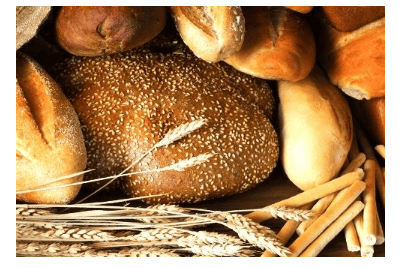
Lúa gạo, ngũ cốc, bánh mì là nguồn thực phẩm cung cấp tốt calories
Milk/Yoghurt/Cheese
Limit milk, yogurt, and cheese (1⁄2-cup of milk or 1/2-cup of yogurt or 28 grams of cheese/day). Most dairy foods are rich in phosphate. Whenever you take phosphate-rich foods, you should take a phosphate binder with your meal.
You can use low phosphate dairy products instead (rice milk, almond milk).
Fruit/fruit juice
All fruits contain potassium, but there are many varieties with little, so some should be limited or not eaten at all. Limiting potassium helps protect your heart.
Limit or avoid: Oranges and orange juice, kiwi, avocado, coconut water, raisins and dried fruit, banana, watermelon, yellow and green melon, pomegranate. Always do not eat star fruit. Choose to eat: Apples, cherries, grapes, peaches Can drink cider, grape juice, lemonade
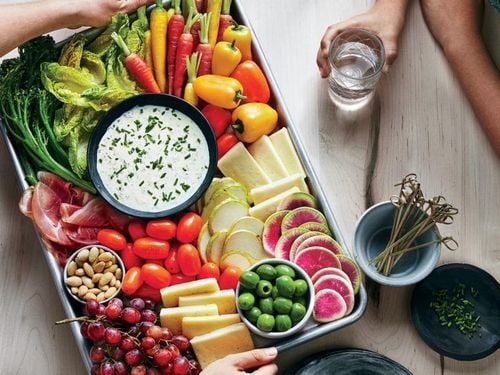
Nên lựa chọn những loại trái cây có chứa ít kali để bảo vệ tim của bạn
Vegetables/Salad
All vegetables also contain some potassium, but there are many varieties with little, so some should be limited or completely eaten. Limiting potassium helps protect your heart.
Choose to use: Broccoli (raw or cooked from frozen broccoli), cabbage, carrots, broccoli, celery, cucumber, eggplant, garlic, onion, pepper, beetroot, watercress . Avoid or limit: Potatoes (including chips and sweet potatoes), tomatoes and ketchup, zucchini, pumpkin, asparagus (cooked), beets, spinach (cooked). If you have high cholesterol or diabetes, your doctor and dietitian will discuss how to add it to your diet to make it complete.
The following is condensed information that can be useful to your diet:
Raw fresh or frozen vegetables usually do not contain salt Drain all water from food before cooking Canned fruits are usually low more potassium than fresh fruit, remove all liquid from the can before serving Rice and almond milk is often low in phosphate and can be used as a substitute for raw milk The label of packaged foods will help you get information about what's inside, may not be included in your diet. Learning to read food labels helps you avoid excessive salt or phosphate intake. Avoid foods that contain “PHOS”. To avoid using salt, vegetables and spices can be substituted to make the meal less boring.
Please dial HOTLINE for more information or register for an appointment HERE. Download MyVinmec app to make appointments faster and to manage your bookings easily.




